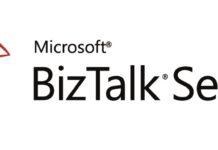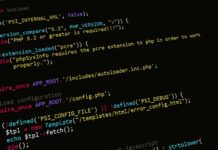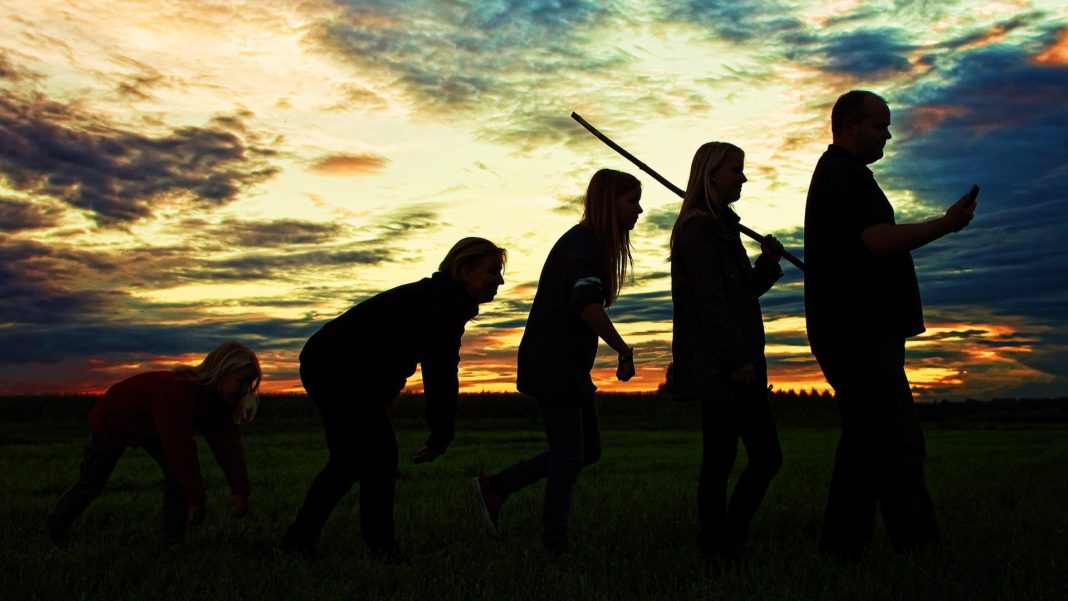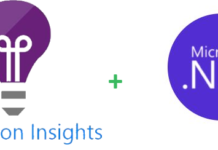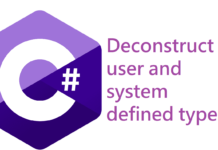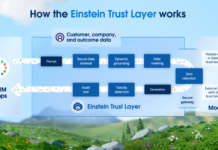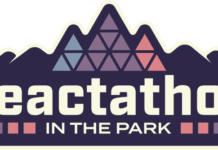The year 2020 has been one of uncertainty, threats and risks, pain and enormous social impacts. But also of immense opportunities, with a renewed spirit of unity, a greater sense of mutual help and collaboration, and superior civic standards. Side by side, we have been able to keep the economy going, businesses active, and people productive. Isolated, but motivated. Remote, but available. With family, but working. The world of work has definitely entered personal life, and vice versa, in an inevitable “work-life balance”.
As the past few weeks have shown, digital transformation is all the more accelerated the greater the external pressure for change. The simple need to survive in a new world has created an amazing wave of adoption of ‘new’ ways of working. Years of promoting operational efficiency, optimizing processes, reducing costs, or increasing quality, have failed to instill the remote and collaborative work practices that we have seen in recent months.
We have long had the tools necessary for distance work, but its advocates were a timid minority. This crisis proved that the modern job post is based on knowledge and no longer has a defined physical territory. It is anywhere. In the company or at home, in an office, on a balcony or in a garden, in a large city or in any remote region. Our new workplace it is digital and connected, open to the global and sharing space.
For this reason, knowledge is today the most volatile asset, the most sought after and the one with the most liquidity, but also the most globalized and the most difficult to retain. In this era of knowledge, business platforms that promote internal and external communication and collaboration, which are able to (dis) involve employees, aligning multidisciplinary teams and work groups around collective projects, are particularly relevant. individual interests and company priorities.
The great challenge now facing organizations is the retention, management and use of knowledge generated, frequently and irremediably lost when people move (interdepartmental changes and exits). These disruptions are striking, with very significant impacts on productivity.
The increasing volatility of talent – which will be accentuated by the widespread use of distance work – may aggravate this problem if solutions are not adopted quickly that allow to leverage the growth and valuation of the person, as an individual and professional, namely stimulating their autonomy, development , involvement and accountability.
With the greater physical distance from people, there is also the need for (re) alignment with the company’s own values as well as the strengthening of the spirit of collaboration and openness at different levels (team, department, company, group).
Therefore, it is important to stimulate the permanent agility and innovation of people, namely in the generation of new ideas in a collaborative and transparent way, particularly useful in the current context of adaptation and transformation, in which fast and innovative solutions are sought for the pressing problems of everyday life. , following clear processes and the highest ethical standards.
Motivating leadership and management systems governance Adequate information will ensure the decentralization of information management with respect to its timeliness, reliability, veracity, authenticity and security.
Today, technology allows the capture and availability of content (anywhere, anytime) in multiple formats (text, audio, image, video, etc.), adapted to the specific context (eg. onboarding, new project, etc.) and the profile of each employee. Functions such as categorization, segmentation and cataloging will naturally appear in a living ecosystem where institutional communication can coexist with spontaneous and informal channels. This will speed up the necessary initial traction, enabling internal evangelization, and keeping the organization’s culture repository updated and expanding.
As Darwin explained, the companies that will be here tomorrow will not be the strongest today or those that have the most intelligent people. They will be the most agile, those capable of capturing and interpreting information, generating knowledge and evolving with their own context, reinventing themselves. And this innovation will be all the more precious as it brings together and impacts the community. What is certain is that employees and other stakeholders they will be excited to overcome the new challenges they are constantly faced with.
Originally published at Jornal Económico on July 28, 2020.

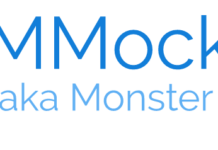
![[FIX] BizTalk Server 2010, 2013, 2013 R2 & 2016 errors “Class not registered (WinMgmt)” or “Access denied”](https://blogit.create.pt/wp-content/uploads/2018/07/access-black-and-white-blur-270514-218x150.jpg)
